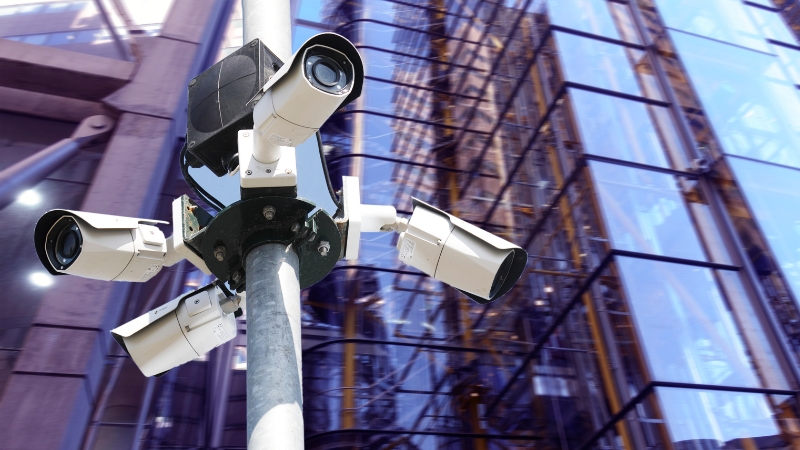Police forces are getting around local facial-recognition bans by subcontracting requests to other jurisdictions
Law enforcement officials in cities that have banned facial recognition are flouting their local bans by asking neighboring police forces to use the technology for them.
An investigation by The Washington Post found that police in San Francisco, where facial recognition has been banned since 2019, made repeated requests to other forces, including the Northern California Regional Intelligence Center and the Daly City Police Department. None of these requests led to an arrest.
Police in Austin, Texas, where facial-recognition technology is also banned, made at least 13 requests to a neighboring department for assistance with face-matching. Some of the requests have led to arrests.
Leander, just 30 minutes north of Austin, has no restrictions on facial-recognition technology. Leander Police Department has access to Clearview AI and a designated Clearview “influencer,” Officer David Wilson, who handles requests for searches using the technology.
In response to The Post’s report, officials in the Austin Police Department said they had no idea such requests were being made and that investigations were now taking place.
A total of 21 cities or countries across eleven states, and the entire state of Vermont, have banned facial-recognition software for use by law enforcement. As well as privacy concerns, opponents have cited racial discrimination as a reason for banning the technology.
The Michigan Civil Rights Commission has passed a regulation that urges Michigan governor Gretchen Whitmer to form a task force to “[regulate] the use, acquisition and implementation of artificial intelligence in policing so as to eliminate the perpetuation of bias and discrimination.”
The Silent Weather War On Humanity


